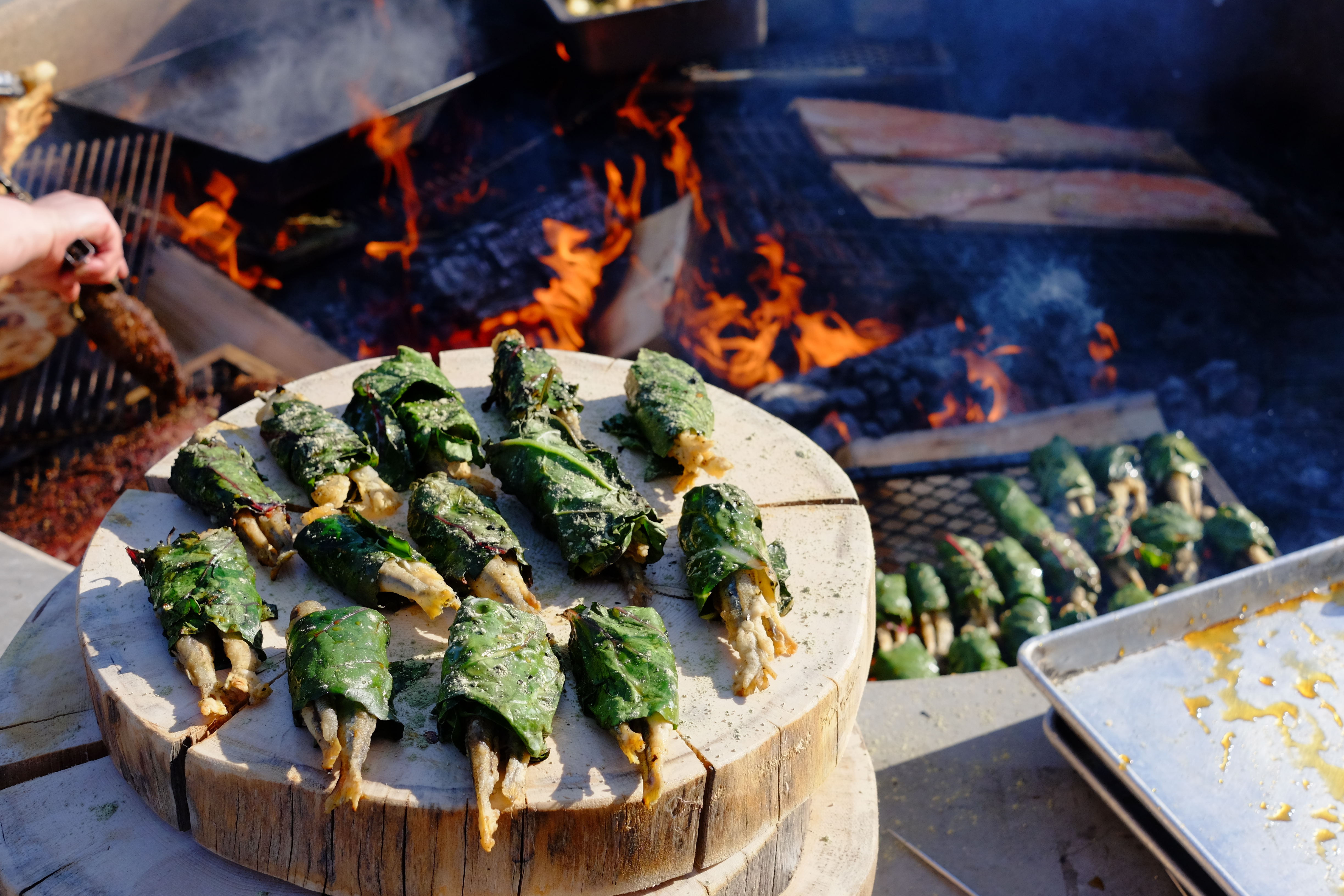
Discover Yukon Cuisine: Hearty Flavors of the North
Yukon cuisine is a testament to the rugged beauty and resourcefulness of the northern wilderness. With dishes like bison stew and Arctic char, it reflects a deep connection to the land and its bounty. The region's culinary heritage is steeped in the traditions of the First Nations, who have long relied on wild game such as moose and caribou. As the Yukon opens its highways to the world, its cuisine offers a taste of sustainability and the pristine wilderness that defines this unique part of Canada.
The Heart of Yukon Cuisine: Traditional Dishes
Yukon cuisine is characterized by its hearty and robust flavors, designed to sustain through harsh winters. Bison stew is a staple, offering a rich and nutritious meal that has been enjoyed for generations. Similarly, Arctic char, a fish native to the cold waters of the region, is celebrated for its delicate flavor and versatility in cooking.
Bison Stew: A Hearty Staple
Bison stew is more than just a meal; it's a cultural experience. The meat is slow-cooked with root vegetables and herbs, creating a dish that is both filling and flavorful. This traditional dish reflects the resourcefulness of Yukon's early settlers and their reliance on local game.
Arctic Char: The Jewel of Northern Waters
Arctic char is a prized catch in Yukon waters. Its mild taste and firm texture make it a favorite among locals and visitors alike. Whether smoked, grilled, or baked, Arctic char is a versatile ingredient that showcases the freshness of Yukon's aquatic resources.
First Nations Influence on Yukon Cuisine
The culinary traditions of the First Nations are integral to Yukon's food culture. Bannock, a simple yet satisfying bread, and wild game such as moose and caribou are central to their diet. These foods not only provide sustenance but also carry cultural significance.
Bannock: A Bread with History
Bannock is a versatile bread that has been a staple in First Nations diets for centuries. Made from simple ingredients like flour, water, and baking powder, it can be cooked over an open fire or baked in an oven. Its adaptability makes it a beloved part of Yukon cuisine.
Wild Game: A Connection to the Land
Moose and caribou are not just food sources; they are part of the cultural fabric of the First Nations. Hunting these animals requires skill and respect for nature, and their meat is often shared among communities, reinforcing social bonds.
Sustainability and Local Sourcing in Yukon Cuisine
Sustainability is at the heart of Yukon cuisine. With a focus on locally sourced ingredients, the region's culinary practices emphasize the importance of preserving the environment and supporting local economies.
Preserving the Wilderness
Yukon chefs prioritize ingredients that are sustainably harvested, ensuring that the natural beauty of the region is preserved for future generations. This commitment to sustainability is reflected in the careful selection of ingredients and cooking methods.
Supporting Local Producers
By sourcing ingredients from local farmers and fishermen, Yukon cuisine supports the regional economy and reduces the carbon footprint associated with food transportation. This practice not only benefits the environment but also ensures the freshness and quality of the food.
The Influence of the Gold Rush on Yukon Cuisine
The Gold Rush era left a lasting impact on Yukon cuisine, introducing new ingredients and cooking techniques. Sourdough bread, in particular, became a staple during this time, symbolizing the ingenuity and resilience of those who sought fortune in the north.
Sourdough: A Gold Rush Legacy
Sourdough bread was a vital food source for Gold Rush prospectors, who valued its long shelf life and nutritional benefits. Today, it remains a beloved part of Yukon cuisine, often served with hearty stews and soups.
Adapting to New Ingredients
The influx of people during the Gold Rush brought new ingredients and culinary influences to the Yukon. This period of adaptation and innovation helped shape the diverse and flavorful cuisine that the region is known for today.
Conclusion
Yukon cuisine is a celebration of the region's natural bounty and cultural heritage. From traditional First Nations dishes to the enduring legacy of the Gold Rush, it offers a unique culinary experience that is both hearty and sustainable. As you explore the flavors of the north, you'll discover a deep connection to the land and a commitment to preserving its pristine wilderness for future generations. Whether you're a seasoned traveler or a curious foodie, Yukon cuisine invites you to savor the taste of adventure.